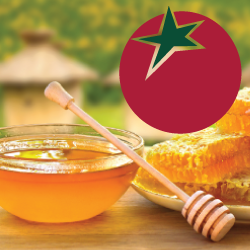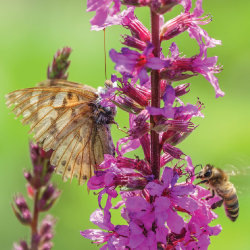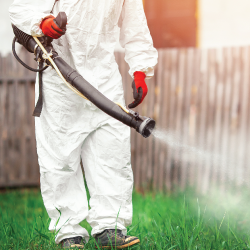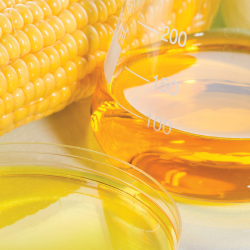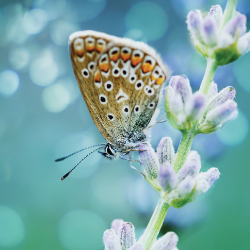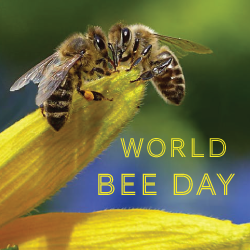As you know, the populations of bees and other pollinators are collapsing under pressure from a multitude of threats, including degenerative agricultural practices, habitat loss, pesticides, and the collapse of honey prices caused by adulterated and fraudulent honey flooding the global market.
Fortunately, there is a way forward—a shift to regenerative organic food, farming, and land use has the power to rebuild biological diversity and restore thriving ecosystems.
Our work to dismantle toxic industrial agriculture, and instead build a food and farming system that is healthy for people, pollinators, and the planet, depends on you.
Please make a generous donation at this time, if you are able. Thank you for your support.
Make a tax-deductible donation to Organic Consumers Association, a 501(c)(3) nonprofit
Support Citizens Regeneration Lobby, OCA’s 501(c)(4) lobbying arm (not tax-deductible)









